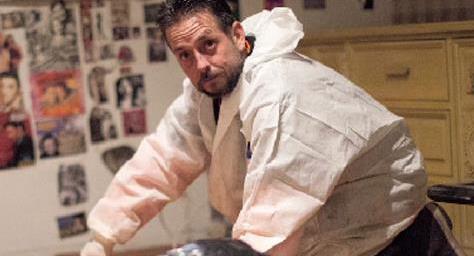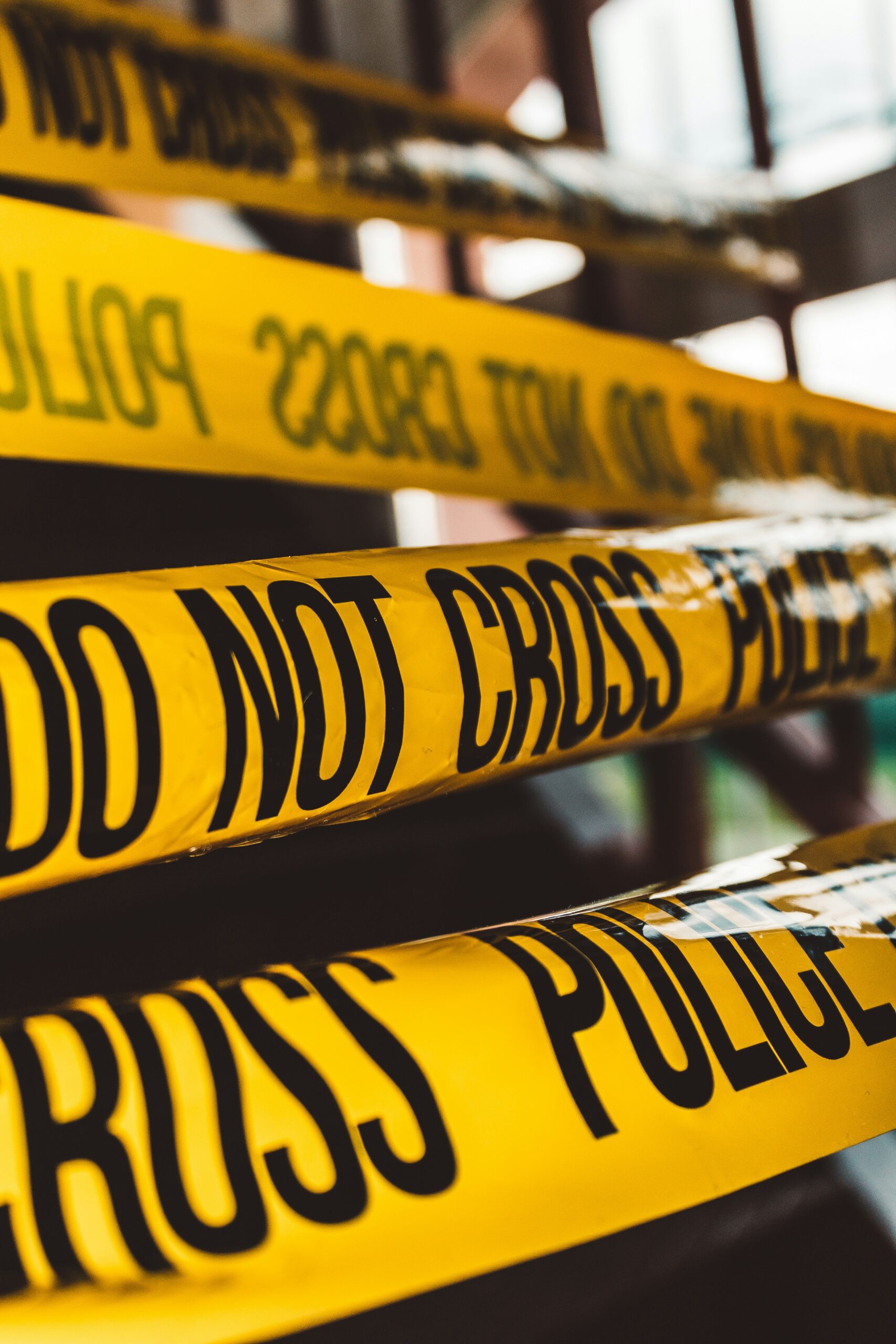Cleaning up after the scene of a violent crime or a terrible industrial accident is serious business. There’s a lot at stake if the job is not done correctly.
You may be the biggest fan of horror movies in the world, but unless you are a trained crime scene cleaner, the reality of this type of work is a whole new level of gruesomeness. Very few people have the capacity to deal with it on a daily basis.
Fortunately, most people will never have to face the task of cleaning up after a death. If, however, you do find yourself in such a situation the first thing you should do is call in a team of experts. This is a job for professionals.
What’s so Hard About Crime Scene Cleanup?
Crime scene cleanup is hard on several levels-physically, emotionally, and technically.
While you may be tempted to try and save the cost of professional cleanup, it’s not advisable. In fact, most insurance policies cover death scene cleaning.
Here are 10 basic reasons you don’t want to try death cleanup on your own:
- As mentioned, crime scene cleaning is traumatic. Whether you know the victim or not, if violence was involved there’s no limit to the amount of tissue, blood and other bodily fluids that may be present. Most people don’t have the stomach for it. Even seasoned crime scene cleaners can be overcome at times.
- If this is the scene of the death of a loved one, even seeing it can be hazardous. Many people experience PTSD. If you are connected to the deceased, it’s recommended you avoid the site altogether.
- There is also no limit to the places such biohazards can land. Cleaners find tissue flung inside lampshades and behind furniture and blood soaked into multiple layers of carpet, padding, and flooring.
- Every trace of biohazard on the scene must be removed. On some scenes, this will be easier than others, but when bodily fluids and brain matter have been sprayed everywhere or have penetrated walls and flooring, demolition will be necessary.
- If you don’t know what you’re doing, it’s easy to track contaminants from one room to another. Suddenly, instead of cleaning up a single room, you’re dealing with biohazards all over the property.
- Hard physical labor is often involved. Aside from possible demo work, crime scene cleaners have to remove all contaminated items from the property and dispose of them properly. That means potentially dragging out chairs, mattresses, sofas, carpeting, and other heavy items.
- Knowing how to protect yourself from biohazards is vital. Any blood, tissue, or other bodily fluid should be treated as if it could kill you–because if can. Among the many bloodborne pathogens are malaria, syphilis, brucellosis, Hepatitis B, Hepatitis C and HIV. Tackling crime scene cleaning without adequate PPE is like playing Russian roulette.
- Removing and preventing odors is essential in restoring a property to liveable condition. Trained professionals have the knowhow and proper equipment to eliminate odor.
- Crime scene cleaners have access to industrial strength, hospital grade cleaners, solvents, and disinfectants. This sort of biohazard is way too much for Mr. Clean to tackle.
- Disposing of biohazardous material requires special care, and there are laws regulating it. Transporting and disposing of biohazards requires a license. You just can’t put contaminated items in a trash bag and throw them in the garbage can.
Let AAA Crime Scene Cleanup Help
Since 1994, AAA Crime Scene Cleanup has been helping Southern California property owners restore their properties after traumatic deaths occur. Should the unthinkable happen, call on us to provide effective, professional service. We are available 24/7.







